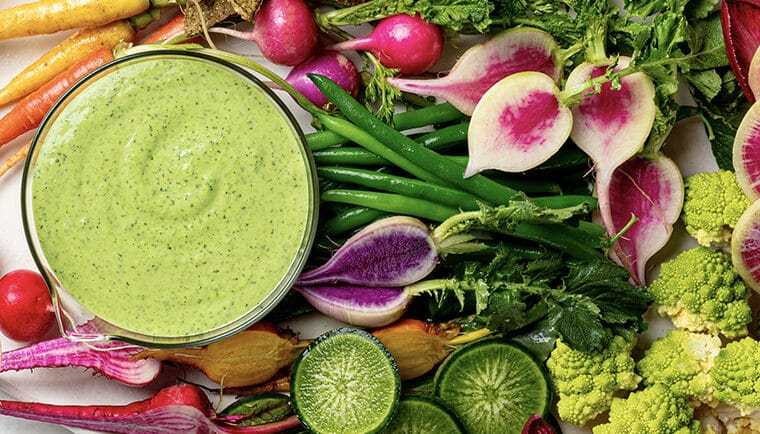
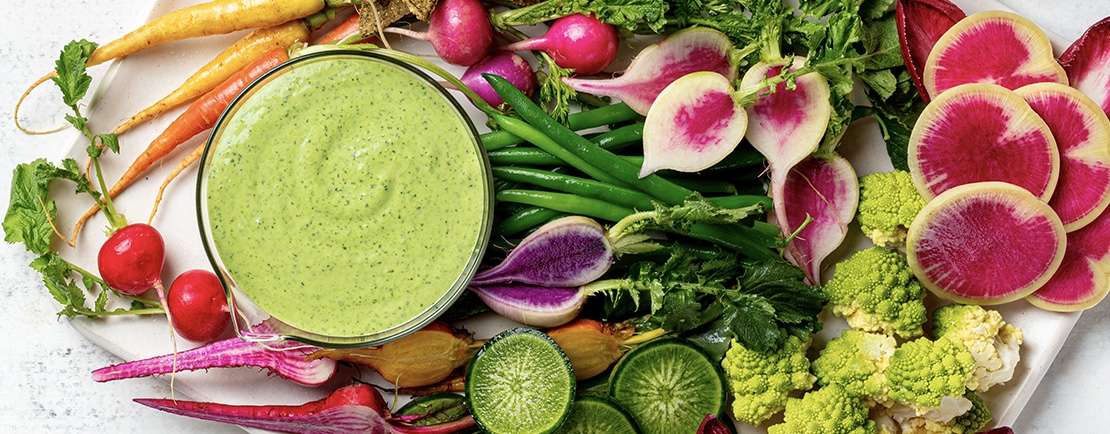


We believe organic should be the norm, not the exception
Organic food is not just better for our health, it’s better for the environment, too. That’s why we’ve been 100% organic since we shipped our very first bottle of juice. We often wonder: why aren’t all plant-based products we share the shelf with organic, too?
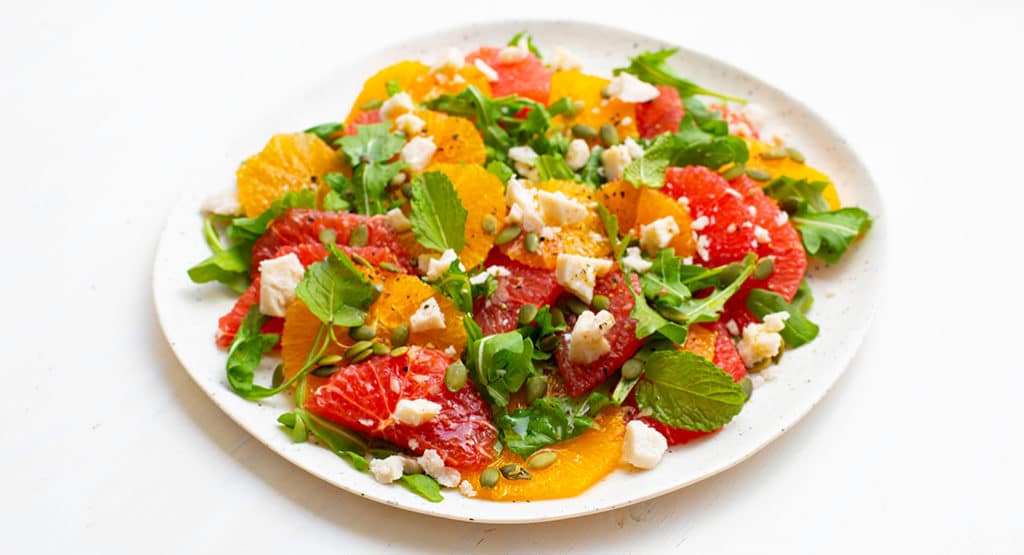
It’s a rigorous—and ongoing—process to become certified organic, from sourcing the best organic ingredients to building an organic-compliant facility to meeting all the USDA standards. But because we want to make organic as accessible and delicious as possible, we wouldn’t have it any other way.
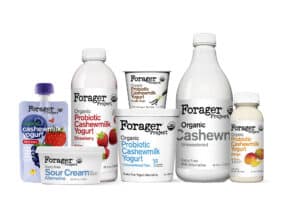
If you don’t see a USDA organic icon on the label, you aren’t guaranteed that the product is certified organic. If you see a non-GMO certification on the label, it doesn’t mean the product is organic, however, anything with a certified organic label must be non-GMO.
There’s a lot of confusion about what organic really means when it comes to food. Here’s a quick cheat sheet of what that little label on all of our products stands for.


Here are some great sites to check out:
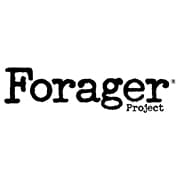
Forager Project is a family-owned and operated organic food company, crafting plant-based foods in California since 2013.